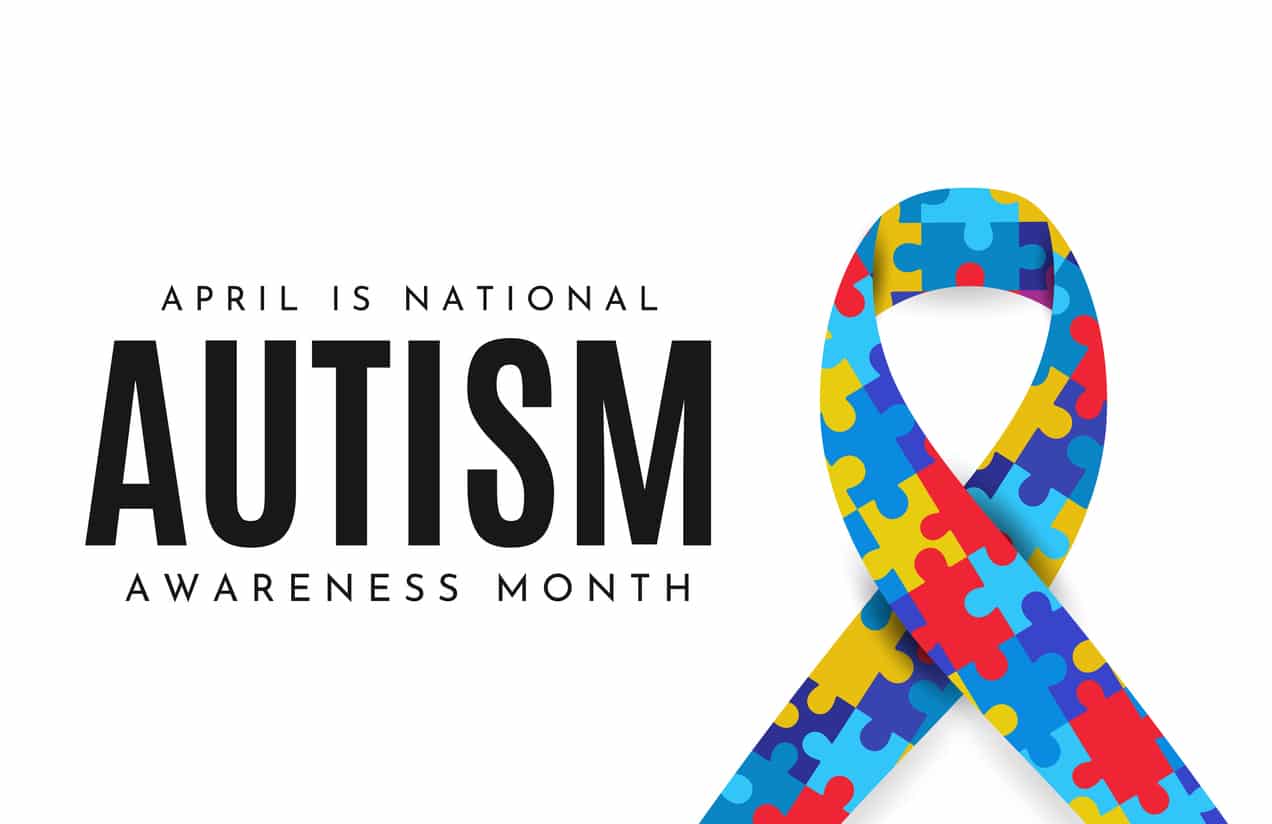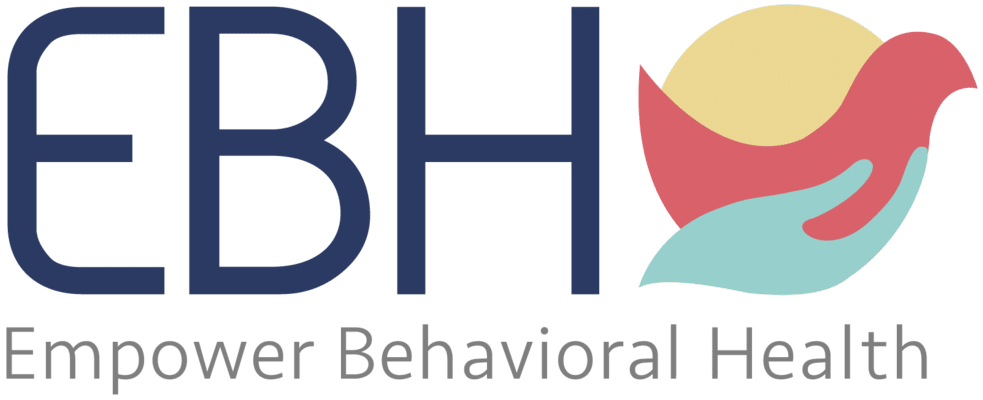April 2024: Celebrating Autism Awareness Month

April is not just another month on the calendar; it’s Autism Awareness Month, a time dedicated to understanding, supporting, and celebrating individuals with autism spectrum disorder (ASD). As an advocate, it is important to understand what autism is, why April was chosen as Autism Awareness Month, the purpose behind it, and how you can actively participate in spreading awareness and acceptance.
Understanding Autism
Autism spectrum disorder (ASD) is a complex neurodevelopmental condition that affects how a person perceives and interacts with the world around them. Individuals with autism may experience challenges in social communication and interaction, exhibit repetitive behaviors, and have unique strengths and interests. It’s important to recognize that autism is a spectrum disorder, meaning it presents differently in each individual, ranging from mild to severe.
Why is April Autism Awareness Month?
The designation of April as Autism Awareness Month dates back to the 1970s when the Autism Society of America launched a nationwide awareness campaign to educate the public about autism. Over the years, April has become synonymous with autism awareness and acceptance, with organizations and communities worldwide joining hands to promote understanding and support for individuals with autism and their families.
What is the Purpose of Autism Awareness Month?
The primary purpose of Autism Awareness Month is to foster greater understanding, acceptance, and inclusion of individuals with autism in all aspects of society. By raising awareness about the challenges faced by individuals with autism and celebrating their unique strengths and abilities, we can work towards building a more inclusive world where everyone, regardless of neurodiversity, is valued and respected.
How to Celebrate Autism Awareness Month
As we commemorate Autism Awareness Month this April, let’s come together as a global community to celebrate the diversity, strength, and resilience of individuals with autism. By raising awareness for inclusion, we can create a more accepting and supportive world where everyone has the opportunity to thrive.
Ways to celebrate Autism Awareness Month in your community include:
- Educate Yourself: Take the time to learn more about autism, its characteristics, and how it impacts individuals and families. Understanding autism is the first step towards creating a more inclusive and supportive environment.
- Spread Awareness: Use your voice and platforms to raise awareness about autism. Share informative articles, personal stories, and resources on social media to help educate others and dispel misconceptions about autism.
- Show Support: Support individuals with autism and their families by participating in local events, fundraisers, and awareness campaigns. Wear the Autism Awareness Ribbon (a puzzle piece symbol) or display it on your social media profiles to show solidarity.
- Promote Acceptance and Inclusion: Advocate for inclusive policies and practices in schools, workplaces, and communities to ensure that individuals with autism have equal opportunities and access to support services.
- Celebrate Differences: Celebrate the unique strengths, talents, and perspectives of individuals with autism. Recognize and appreciate their contributions to our communities and society as a whole.
- Get Involved: Volunteer with autism organizations, participate in fundraising events or donate to support research, advocacy, and support services for individuals with autism and their families.
- Start Conversations: Initiate open and respectful conversations about autism with friends, family members, colleagues, and peers. Encourage dialogue, ask questions, and listen with empathy to promote understanding and acceptance.
- Be Kind and Inclusive: Practice kindness, empathy, and inclusivity in your interactions with others, including individuals with autism. Small acts of kindness and acceptance can make a big difference in someone’s life.
How to Educate Your Child About Autism Awareness Month
Teaching children about Autism Awareness Month is an important step in fostering empathy, understanding, and acceptance from a young age. Here are some ways you can educate your child about autism and celebrate Autism Awareness Month together:
- Start with the Basics: Begin by explaining to your child what autism is in simple terms. You can describe it as a condition that affects how some people communicate, interact, and see the world differently.
- Read Books: Explore children’s books that feature characters with autism or discuss autism in an age-appropriate manner. Books such as “My Brother Charlie” by Holly Robinson Peete and Ryan Elizabeth Peete or “All My Stripes: A Story for Children with Autism” by Shaina Rudolph and Danielle Royer can help spark conversations about autism with your child.
- Watch Videos: There are many educational videos available online that explain autism in a child-friendly way. Sit down with your child and watch videos together to learn more about autism together.
- Visit Autism-Friendly Events: Look for autism-friendly events in your community that are suitable for children. These events often provide opportunities for children to interact with individuals with autism and learn more about their experiences. The Texas Autism Society also provides a calendar of local family events throughout the year, and many other events can be found through online research.
- Create Art Projects: Get creative with art projects that celebrate Autism Awareness Month. You can create puzzle piece artwork, decorate puzzle piece cookies, or make a sensory-friendly craft project together.
Celebrating Autism Awareness Month at Empower Behavioral Health
At Empower Behavioral Health, we’re dedicated to supporting individuals with autism and their families every step of the way. This Autism Awareness Month, join us in celebrating the unique strengths and abilities of individuals with autism. Whether you’re a parent seeking support for your child or someone interested in learning more about our ABA therapy programs, we invite you to connect with us. Reach out to Empower Behavioral Health today to get started.

